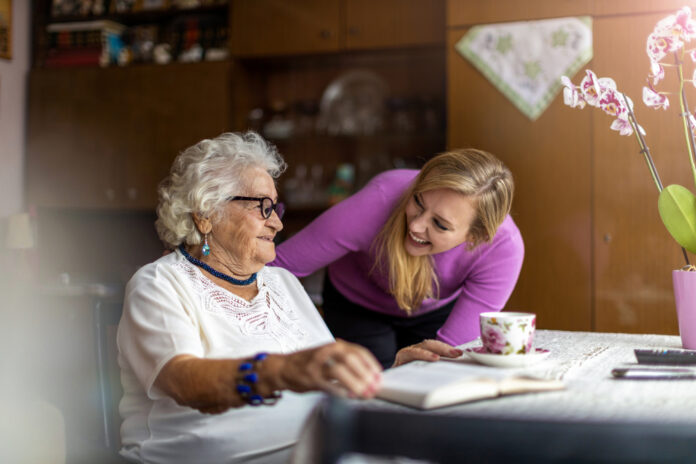Caring for an aging loved one is a journey filled with challenges and rewards. As our loved ones age, they may require additional support to maintain their quality of life. Being an effective caregiver involves not only attending to their physical needs but also supporting their emotional well-being and preserving their dignity. Here are some strategies to help you navigate this important role.
Understand Their Specific Needs
Every individual is unique, and understanding the specific care needs of your loved one is crucial. Begin by assessing their physical and mental health to create a comprehensive care plan. Recognize signs such as decreased mobility, confusion with finances, or neglect of personal care. These indicators can help you tailor your approach to support their health and promote independence.
Foster Open Communication
Effective caregiving involves strong communication between you, your loved one, and their medical team. Engage in conversations about their preferences, concerns, and wishes regarding their care. Listening and incorporating their desires in decision-making can enhance their sense of independence and dignity.
Build a Support Network
Caregiving can be overwhelming if shouldered alone. It’s important to build strong support systems comprising family, friends, and community resources. Don’t hesitate to involve other family stakeholders and accept help when offered. Resources like the Family Caregiver Alliance provide support groups and tools to assist caregivers in their journey.
Prioritize Self-Care
Taking care of yourself is essential to sustain the energy and compassion needed for caregiving. Prioritize your well-being by setting personal boundaries, managing stress, and maintaining your health. Utilize respite care services when necessary to take breaks and recharge.
Utilize Community Resources
There are numerous community resources available to assist both you and your loved one. Organizations like the Institute on Aging offer programs such as care management, dementia services, and home care support. Services like Meals on Wheels provide nutritious meals, helping to maintain independence while ensuring dietary needs are met.
Manage Financial and Legal Matters
Handling financial and legal preparations with care is vital. Maintain openness with your loved one regarding management and future planning. Legal documents like power of attorney and wills should be prepared, especially in the context of cognitive impairments or diseases like dementia.
Encourage Social Engagement
Isolation can lead to depression and a decline in mental health. Encourage your loved one to engage in social activities and maintain connections with friends and community members. This not only improves their emotional well-being but also enhances their quality of life.
Educate Yourself About Their Health Conditions
Being informed about your loved one’s health conditions enables you to provide better support. Learn about their illness, treatment options, and potential challenges. This knowledge empowers you to be an effective advocate during medical appointments and ensures that their care is aligned with best practices.
Be Patient and Compassionate
Compassionate caregiving involves not only physical assistance but also emotional support and understanding of your loved one’s unique needs. Practice patience and empathy to foster a positive environment that upholds their dignity.
Seek Professional Guidance When Needed
Don’t hesitate to seek professional help when challenges arise. Consulting with healthcare professionals, legal advisors, or elder care specialists can provide valuable insights and solutions to complex situations.
Conclusion
Being an effective caregiver is a multifaceted role that requires dedication, empathy, and resilience. By understanding your loved one’s needs, fostering open communication, and utilizing available resources, you can provide compassionate care that enhances their quality of life. Remember, taking care of yourself is equally important in this journey, ensuring that you can continue to support your loved one effectively.


